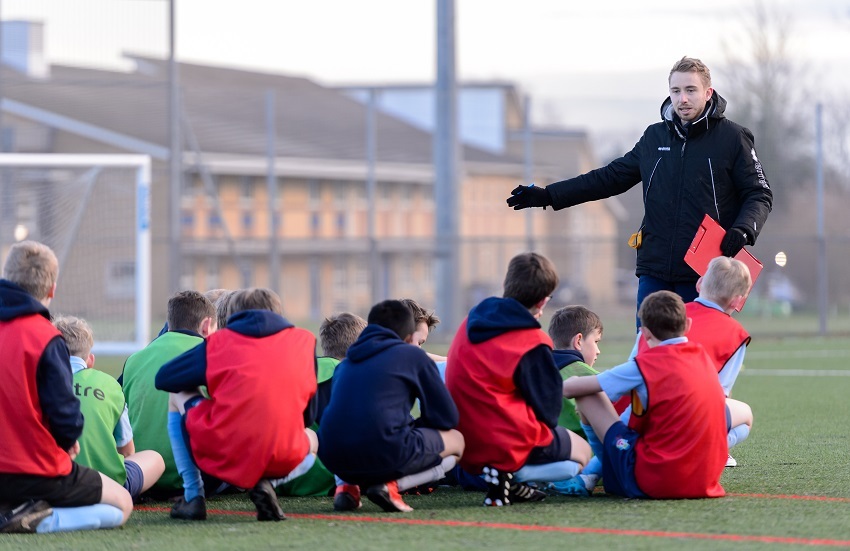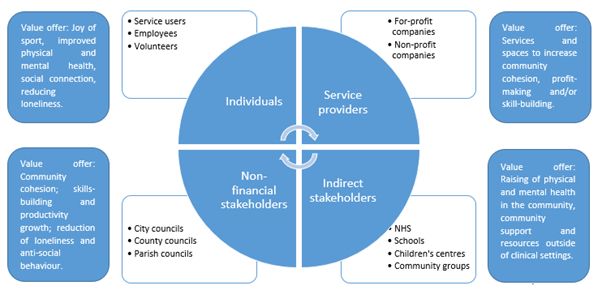Active Skills Hub Learning Portal
Strengthen your skills with flexible training provided in partnership with UK Coaching.

The Federation of Small Businesses is leading the development of the Greater Lincolnshire Local Skills Improvement Plan (LSIP). The LSIP is a department of education funding programme that aims to put employers at the heart of the skill system and ensure that businesses and people have the skills they need to thrive and progress.
Across Greater Lincolnshire the process is currently calling for responses to research calls, asking businesses, employers and stakeholders to engage in opportunities to share their knowledge, needs and experiences. This includes focus groups through February across the region, sign-up here, an online survey open until Tuesday 28 February, and in-depth 1-2-1 telephone interviews which need to be individually booked.
Whilst Active Lincolnshire have shared the findings of our Understanding the Economic Impact and Future Potential of Greater Lincolnshire’s Sport, Physical Activity and Leisure Sector report, undertaken by Lincolnshire Open Research and Innovation Centre (LORIC) and released last month we would encourage all providers of our sector to respond to the Federation's survey to provide real time information.
Below, we’ve highlighted some of the key findings on skills development from our report:
There are 28,000 people working in the physical activity, sport and leisure industry across Greater Lincolnshire from circa 2400 organisations spanning micro and small business through to those with over 50 employees. The image below shows the main categories and value offered to the region:

Overarchingly the region statistically includes:
Whilst there is a great importance placed on face-to-face delivery, it’s not the only skill set in high demand in the sector with digital skills, mental health first aid and functional skills such as customer service, policy document training, safeguarding and welfare, and community engagement skills also being flagged as important by the report.
Multi-skilled development needs are rooted in individual organisational characteristics and service provision. With smaller organisations having to resort to staff doubling up (or more) on responsibilities and roles, digital skills become pressing for streamlining ways of working, including helping messages reach more people, managing governance, bookings and memberships, engaging with younger audiences, alignment to national campaigns, managing budgets and accessing training.
Organisations emphasised the need for opportunities that join-up sectors and bring in corresponding skills. Education, complex health needs, mental health issues, pre and post natal provision, working with older adults, families and children, and collaborating with research and researchers were all identified as valuable additions to workforce skill.
Finally, it was found the volunteers in the sector are also becoming increasingly professionalised, as they deliver at a standard of conduct and skill level that is comparable to those in paid-for roles. Volunteers with administration, sales, financial and management skills were highly sought after, particularly with a drive to recruit more volunteers, especially young volunteers, into trustee roles for charities, community centres and CICs.
Complete the Federation for Small Business online survey before 28 February.
Read more from the Understanding Economic Impact and Future Potential of Greater Lincolnshire’s Sport, Physical Activity and Leisure Sector report here.